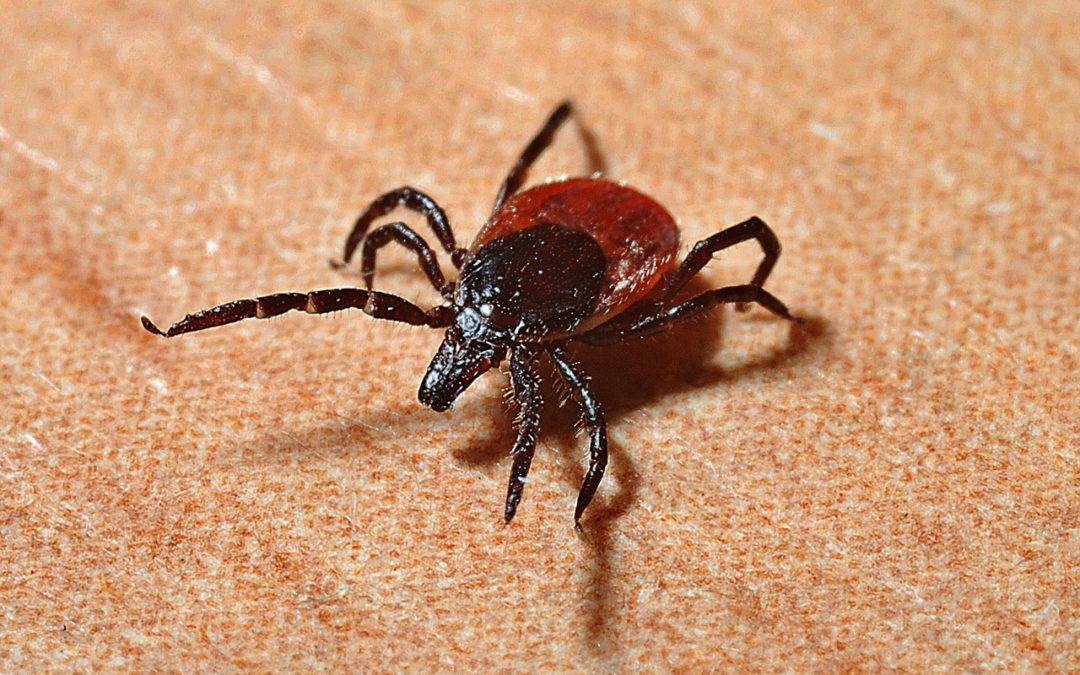There are many types of ticks in New Jersey, and it’s important to protect your pet. We develop programs for the specific needs of your pet and your particular environmental situation. We will review with you the best ways to control fleas and ticks in your house, in your yard, and on your pet. If you do find a tick on your pet, this is how to remove it!
Within 24 hours of a bite, ticks can spread potentially deadly diseases to humans and animals. Check your pet regularly for ticks, and, if you find one, remove it immediately by following these steps:
Step #1: Prepare and gather supplies
To properly remove a tick, you’ll need tweezers, rubbing alcohol, gloves, an empty jar with a lid, and antiseptic wipes or spray.
Step #2: Distract your pet
If possible, ask a friend or family member to hold your pet still and to help keep him calm. You can keep your pet occupied by breaking treats into small pieces and slowly giving them to him, or you can give him a long-lasting treat, like a cup of frozen peanut butter.
Step #3: Remove the tick
With your gloves on, use your tweezers to grab the tick as close to your pet’s skin as possible, pulling the tick out with steady pressure and a straight motion. Try not to pull too quickly or twist, because the tick’s head or pieces of its mouth could be left under your pet’s skin. Because the tick will likely be full of blood, try not to squeeze or crush it.
Step #4: Take a close look at the tick
Ensure the tick’s entire head is intact and that no parts have been left under your pet’s skin. If the tick’s head or parts of its mouth seem to be missing, call us so we can remove the rest of it.
Step #5: Kill the tick
Kill the tick by dropping it in your jar with some rubbing alcohol and putting the lid on the jar. Keep the tick in the jar in case your pet begins to show signs of illness. Identification of the tick will make diagnosing your pet’s tick disease easier.
Step #6: Clean the bite site
Use your antiseptic spray or wipes to clean the area. Be sure to watch for signs of infection, including increased redness or swelling, for several days. If you suspect the site is infected, call us.
Is your pet protected from ticks and the diseases they carry? Call us to get your furry friend on an appropriate tick preventive.
Need an appointment? Have questions?
The Oakland Animal Hospital is here to help! Contact us today.
CONTACT US

